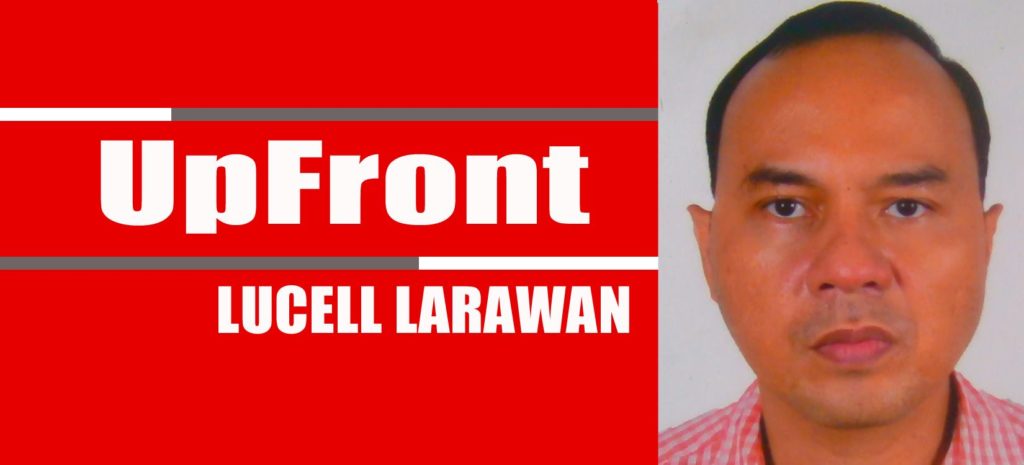
IN A world where moral compasses often seem askew and personal agendas can overshadow integrity, the concept of accountability stands as a beacon of hope. Join us as we delve into the intricate tapestry of accountability, exploring its significance in both the workplace and relationships.
Understanding Accountability
In the grand scheme of business ethics, accountability transcends mere adherence to rules—it embodies a profound commitment to integrity and responsibility. From biblical teachings to modern-day dilemmas, the essence of accountability resonates through the ages, challenging us to confront our actions and their consequences.
Accountability in the Workplace
In the relentless pursuit of success, establishing clear expectations and fostering transparency are paramount. However, in a recent tale of corporate misadventure, I found myself embroiled in a saga of deceit and betrayal. As a consultant for a startup business owner, I encountered a disturbing experience with the owner’s personal driver who obviously had a hidden agenda, determined to sabotage a critical transaction. The scorching summer heat only intensified the frustration as I and a guest waited in vain for the arrival of the driver who should fetch us as we personally agreed previously. When I confronted the business owner about the driver’s actions, I was met with dismissiveness and an unsettling acceptance of sabotage as a minor inconvenience. Despite my loyalty and commitment to the owner, I found himself severed from the partnership, a casualty of my unwavering insistence on accountability.
This poignant tale serves as a stark reminder of the perils of moral compromise in the face of adversity. It underscores the vital importance of holding oneself and others accountable for their actions, even in the face of resistance and discomfort.
Accountability in Relationships
In the delicate dance of personal connections, accountability emerges as the cornerstone of trust and intimacy. Communication, mutual respect, and vulnerability form the bedrock upon which healthy relationships thrive. Consider the story of Sarah and David, whose marriage was tested when David’s failure to communicate led to a breach of trust. It was only through honest dialogue and a willingness to take ownership of their mistakes that they were able to rebuild their relationship stronger than ever before.
Bridging the Gap: Integrating Business Ethics and Biblical Principles
In the convergence of ethical frameworks and spiritual beliefs, honesty, integrity, and responsibility serve as guiding lights. It is within this sacred intersection that personal and professional accountability find common ground, leading to holistic growth and fulfillment.
Overcoming Challenges
Yet, the journey of accountability is fraught with obstacles. Addressing resistance, and navigating conflicts are essential steps in the pursuit of accountability. One’s unwavering commitment to moral and ethical principles, despite facing adversity, serves as a testament to the transformative power of resilience and grace.
Conclusion
As we reflect on the profound implications of accountability, let us heed the call to action. In both the workplace and our personal lives, let us prioritize integrity and responsibility, knowing that through accountability, we have the power to shape a brighter, more compassionate future. It is only by embracing accountability with clarity, courage, and conviction that we can build truly strong foundations, grounded in trust, transparency, and authenticity. (For comments or feedback, email lucelllarawan@gmail.com).

